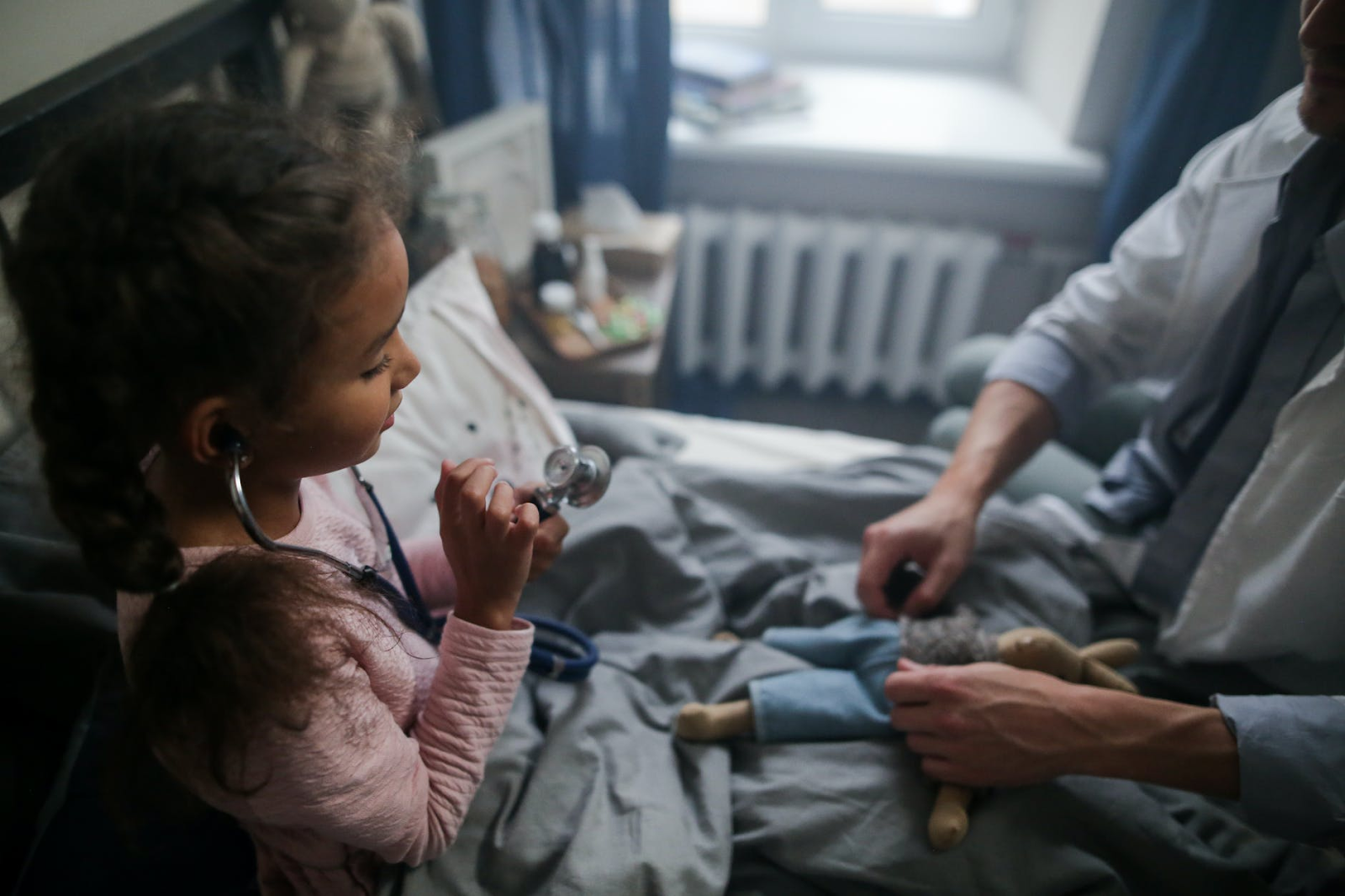When you bring your baby home from the hospital, you have dozens of questions, so you call your pediatrician. A lot.
As your child grows, you begin to rely on your own experience as a parent and you may ask fewer and fewer questions. Sometimes, you may think questions about infants or older children might be “silly” to ask or you may think that symptoms and behaviors while upsetting, will resolve in time.
Dr. Hassan Alzein of Alzein Pediatrics in Evergreen Park and Oak Lawn, Illinois is here to explain that all questions, at any stage of your child’s life, are important. Your child’s health and well-being could depend upon any one of the questions you may have.
When your child is an infant, you may hesitate to ask questions about crying, bowel movements, and sleep.
Don’t all babies cry?
Dr. Alzein says, “Newborns often cry for two or more hours each day to let parents know of a physical need –a diaper change, hunger, being too hot or too cold, or sometimes just being too tired.” Comforting your baby, after meeting all physical needs, is very important to their emotional development and security.
“You cannot spoil a baby by holding them,” says Dr. Alzein. “Responding to your baby’s crying with a soothing voice, a gentle touch or cuddling teaches your baby that they can trust you.”
Sometimes, excessive crying can frazzle a parent, making them upset, tense, and even angry. Showing these emotions to your baby can make crying worse, so take deep breaths and try to remain calm. Call in another adult to take over. If there is no other adult available, place your little one safely in the crib and walk away until you regain your composure.
When should we call the pediatrician? When your baby cries for more than three hours a day, for three or more days a week, for three weeks or more and there is no physical reason, it’s time to ask your pediatrician.
Your pediatrician will also want to hear from you when your baby has a painful expression or tone, if they clench arms, hands, and legs, or if they have a hard abdomen while crying. These types of crying could be a symptom of colic.
Do we need to worry about poop?
“Your baby’s bowel movements can vary in color, consistency, and frequency for several months after birth,” says Dr. Alzein. “Immediately after birth, you’ll see black stool. If you are breastfeeding, your baby’s stool will most likely then turn yellow-green and then yellow. Breastfed babies’ stool is loose and seedy.” Bottle-fed babies will have stool that is firmer, sort of like peanut butter, and usually tan.”
What kind of bowel movements warrant a phone call to your pediatrician? “If your baby has black stool again, if you see any rust, maroon or red stool, or if the stool is pale yellow or white, call your pediatrician immediately,” recommends Dr. Alzein.
When should sleeping concern us?
“Sleep patterns change a great deal throughout the first year,” says Dr. Alzein. “Newborns may wake up several times each night to feed.” By four months, your baby should be sleeping longer periods of time throughout the night and by six months, they can go five to six hours between feedings, hitting that wonderful milestone of “sleeping through the night.” Daytime napping will change too, from three to four naps a day when your child is 2 months old to just one or two by your child’s first birthday.
If your child’s sleep pattern suddenly changes, if they begin to wake up more frequently, can’t seem to fall asleep, or wake up crying or fussing and cannot be soothed, Dr. Alzein recommends calling your pediatrician. “Your child could have an ear infection or gastrointestinal issues that need treatment.” Or they may also be going through a stage of sleep regression.
When your child is older or in preschool, ask your pediatrician about verbal skills and social skills.
When does speech development become a concern?
By the time your child is two years old, Dr. Alzein says, they should understand and use real words and simple phrases such as “More milk” or “Pet dog”. When your child is four, those sentences should include about five words, and sentences should grow in length and complexity as your child grows.
Dr. Alzein recommends calling your pediatrician when you notice your child isn’t meeting these milestones, non-family members have difficulty understand your child’s speech, your child frequently says “huh?” or “what?”, or the volume at which your child sets the television or screens seems unreasonably loud.
When should my child have friends?
In preschool, your child should shift from playing alone or playing side-by-side with another child to playing cooperative games with other children. Friendships become very important and your child should become part of a social group, no matter how large or small.
Children may have social difficulties when they have a challenging time understanding and staying within acceptable boundaries, such as sharing, following game rules, and respecting other children. If your child bounces from social group to social group, when they don’t have at least one “best” friend and if you suspect your child is bullied or being bullied, call your pediatrician.
Having honest communication with your child’s pediatrician
Talking to your pediatrician at any point in your child’s life should be comfortable and honest. “If you feel your pediatrician isn’t taking your concerns seriously at any point in time, it’s time for a new physician,” says Dr. Alzein.
“Whether your baby is just a few days old or entering school, we encourage you to ask your pediatrician the questions that concern you. Getting a screening is usually non-invasive, quick, and painless. When treatment or therapy is needed, starting as soon as possible means stopping or reversing the condition quickly, so your child has no lasting impact on their health or wellness.”








